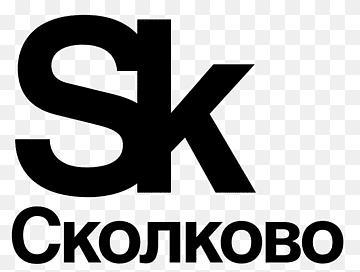Inorganic ion exchangers for chemical strengthening of glass
Inorganic ion exchangers are intended for low-temperature ion-exchange strengthening of glass. You can order the manufacture of experimental batches of ion exchangers.
Ion exchange glass strengthening
Glass is a widespread material used in industry and everyday life. One of the most important characteristics of glass is its strength, which is determined by the state of the surface. Various methods are used to harden glass: tempering, chemical polishing, de-alkalization, etc. All these methods have their advantages, disadvantages, and areas of recommended application.
An effective method for improving the quality of glass is ion-exchange strengthening in a melt of potassium nitrate (KNO3). The essence of the method is to replace the alkaline ion (Na+) of a smaller radius in the surface layer of glass with a larger alkaline ion (K+) from an external source (melt); it is also known in the scientific literature under the names of low-temperature ion exchange or chemical tempering.
Potassium nitrate contains impurities; according to the quality certificate, the content of impurities should be less than 0.02% by weight. These impurities, despite the small amount, adversely affect ion exchange strengthening. When metal equipment deterioriates, iron ions can enter the melt, which also contributes to the ion exchange processes between glass and KNO3, impairing the quality of the glass. To neutralize the harmful effect of impurities, ionites are introduced into the bath with the melt - substances capable of selectively absorbing certain ions - in this case, Ca2+, Mg2+, Fe3+ and other harmful impurities, as well as Na+ ions released from glass. Instead of absorbed impurities, the ion exchangers release K+ ions, thereby regenerating the melt. The competent use of ion exchangers in salt baths for chamical hardening of glass allows one to improve the quality of the product, to obtain the required surface stresses and the absence of chips and cracks. |

Active-nano (Andrey V. Petrov)

